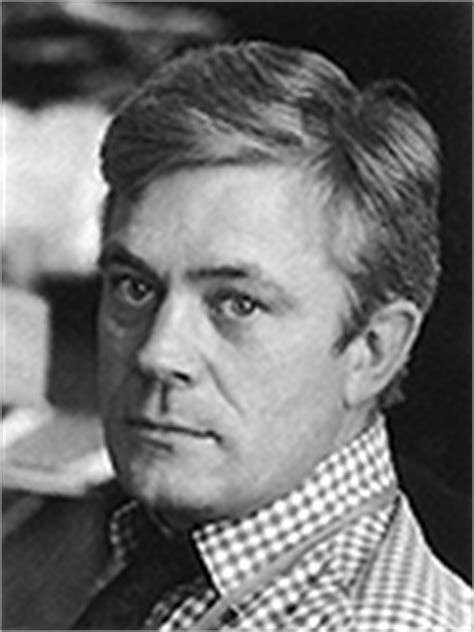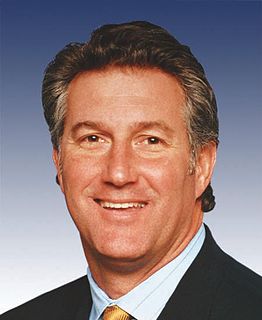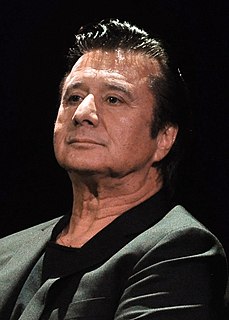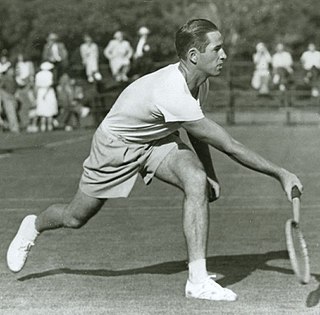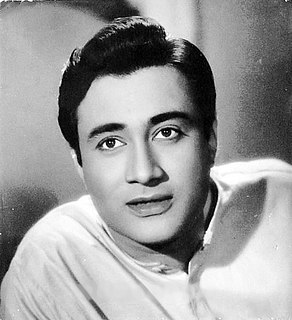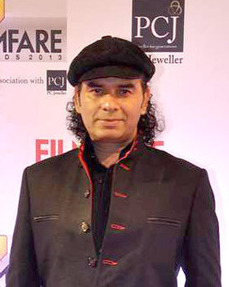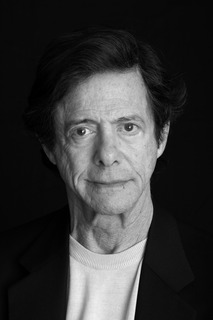A Quote by Ben Macintyre
What if?' history is a tricky game, but there is no doubt that the senior planners of D-Day - including Eisenhower and the British general Bernard Montgomery - believed that the Double Cross operation had played a pivotal role in the victory.
Related Quotes
This would be a tricky operation, no doubt of that, and a mistake would probably be fatal. So many things he had done over the years would have been fatal, had his luck not been strongly good. He had cheated death dozens of times, but that did not mean he could take it as a given. A man needed only one fatal mistake to end the game.
Now, the United States' response, the western response to this is a continuation of the appeasement that was started back in the '50s with Eisenhower when Iran seized western oil companies. The Americans, the British, and the Israelis, as I remember, launched an attack to try to reclaim it and - or at least the British and the Israelis did and Eisenhower vetoed it.
We had a wonderful trip, a seven-day trip, talking and sitting in the sun and so forth [with Bernard Leach]. And as we were approaching England, Leach said, "Do you have a place to live?" And we said, "No, we didn't." We hadn't worried about that. But Bernard had just separated from his second wife, which we had not realized, and Bernard was a person who could not stand to live alone. So he said, "Would you like to share my house with me?" Naturally we said yes.
In 1953, the United States played a significant role in orchestrating the overthrow of Iran's popular prime minister, Mohammed Mossadegh. The Eisenhower administration believed its actions were justified for strategic reasons, but the coup was clearly a setback for Iran's political development and it is easy to see now why many Iranians continue to resent this intervention by America in their internal affairs.
Eisenhower had run the Army; he knew all the ways decision making can go off the rails, and insisted on collective debate precisely to prevent senior officials from freelancing, or putting their departmental interests first. For all the formal machinery, Eisenhower was very literally the commander in chief, making the key decisions himself and monitoring closely how they were carried out. Even years after D-Day, when critics needled him for not being on the front lines with the invading forces, he retorted, “I planned it and took responsibility for it. Did you want me to unload a truck?


